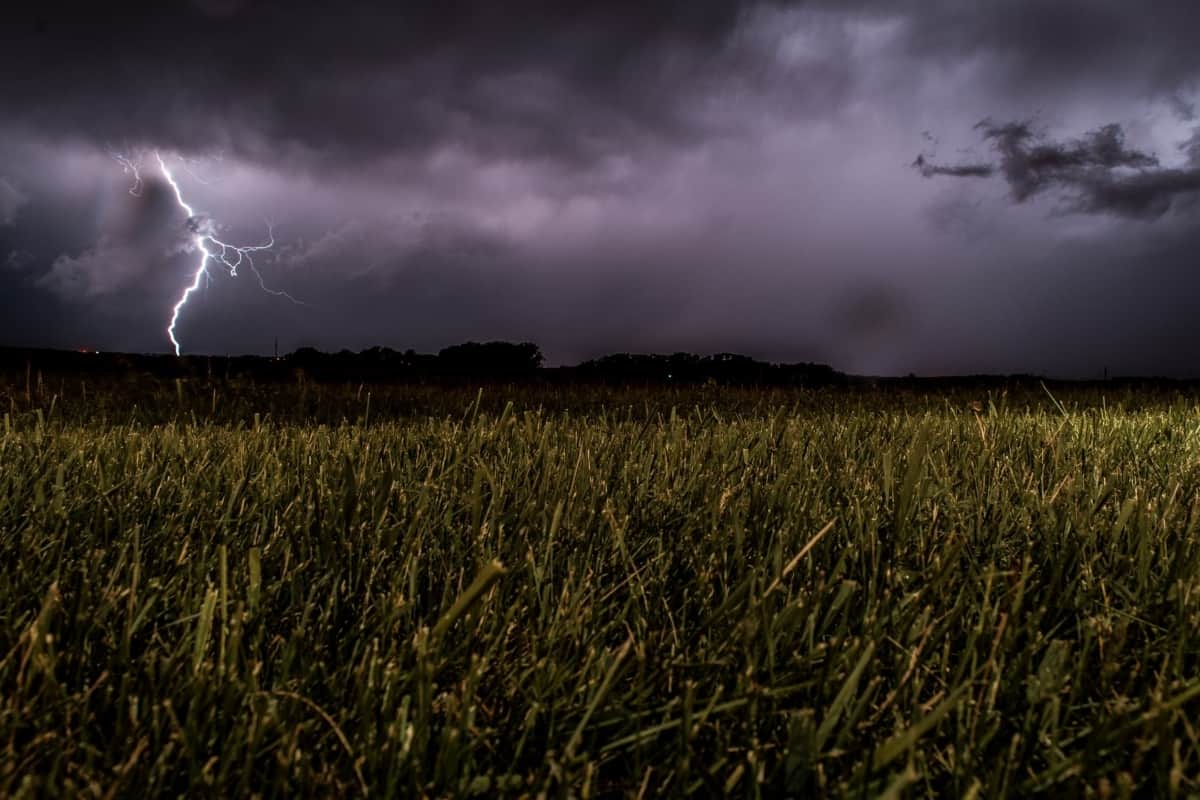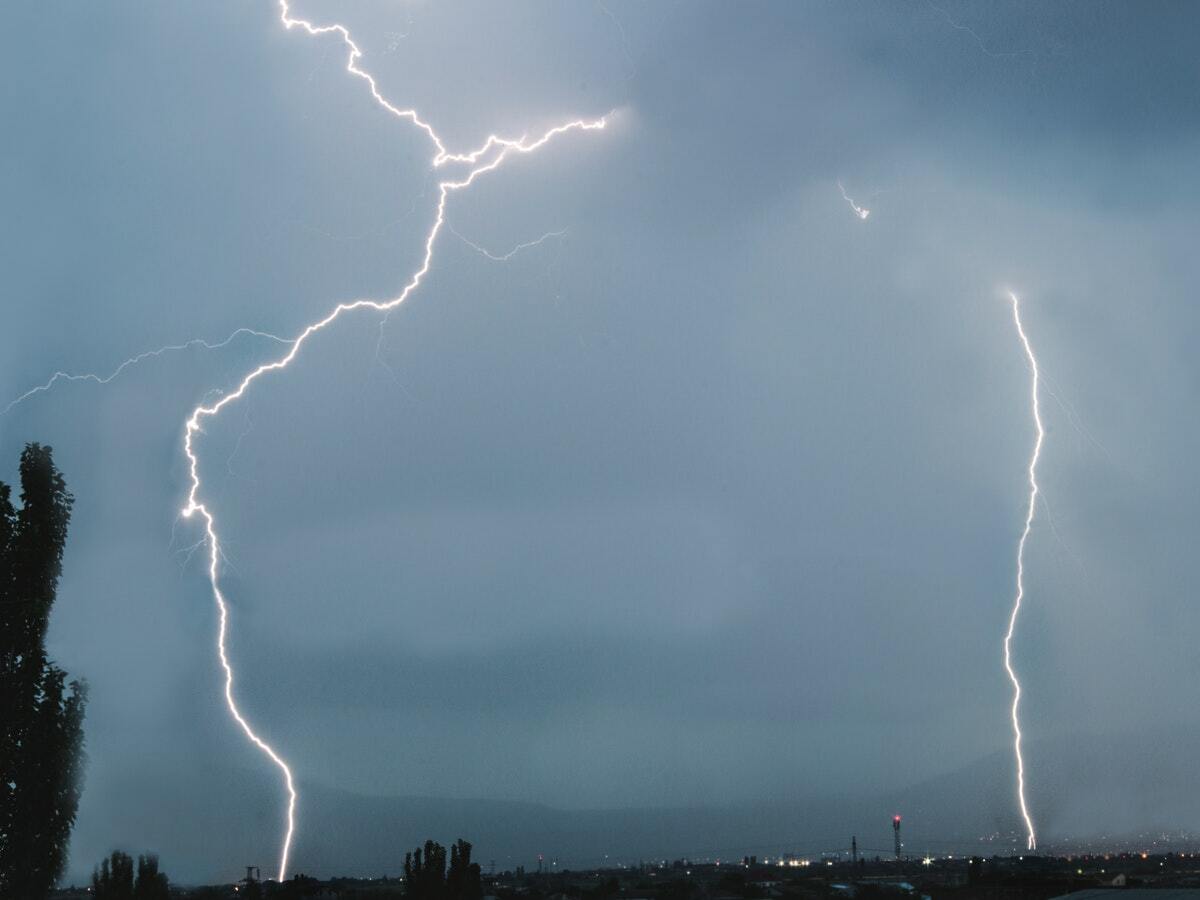There’s no doubt about it – being a homeowner has always been filled with challenges, but 2023 feels like it is bringing in an expansion deck of playing cards. Wild weather in unexpected places has led you to google things you thought you would not have to – like, can lightning strike through a window? What do I do if it snows a lot? There couldn’t possibly be that much snow in California, right? Wait a minute, let me google flood warnings… No matter where you live, severe storm preparation is now part of being a homeowner or renter.
We’re here to help you wade through what’s fact and fiction to help you prepare your home for storms. Different types of storms require extra prep steps to protect your home from damage, and this blog is a great place to start.
At ONIT Home, we specialize in demystifying and simplifying home services to help you learn everything you need to know, no matter how the weather evolves.
Severe Storm Facts vs. Fiction
With so much online information, it can be hard to tell what’s true and what is an exaggeration. For example, can lightning strike through a window?
However, even before the internet, old wives’ tales existed – people would swear up, down, and sideways that something worked beyond a shadow of a doubt.
But who can you trust? We have some common myths with answers below, as well as practical ways for you to protect your home and create a safety plan for your family to keep them safe and sound.

Can Lightning Strike Through a Window?
This may be rare, but it is a fact.
Although a window can be struck by lightning, it is very unlikely. Lightning is more likely to shatter and explode a window than it is to travel directly through a lightning bolt. This is because most windows are made of glass which does a great job of insulating houses against the elements. Glass does not conduct electricity very well. This characteristic is what makes it more likely to explode or shatter. The glass cannot conduct the electricity safely out and through, so it breaks the window.
All said a broken window is in itself a significant issue during a storm. It is essential to stay away from windows due to the risk that they may shatter and cause damage to you or anyone else in the home.
Before moving away from the windows, however, ensure that the windows are closed and fastened. You will also want to pull down your blinds. That way, if the window were to break, some potential debris would be held outside.
Sometimes unpredictable weather can lead from a gorgeous day to a thunderstorm, so you must verify that your windows are closed. If your windows are open, it is easier for lightning to strike through. The question, “Can lightning strike through a window?” becomes more possible. Even with an open window, though, lightning will still likely follow the most possible conductive path to the ground. This would probably be through the electrical wiring in the home.
Can Lightning Hit You Indoors?
This is a fact.
This may be something you had heard before and thought was an old wives’ tale. Unfortunately, it is possible to get struck by lightning inside your house. According to the Center for Disease Control Natural Disasters and Severe Weather division, about one-third of lightning-strike injuries occur inside. The best way to avoid this is to stay educated and ensure your family understands how to keep safe during a thunderstorm.
The number one thing on your list should be to avoid water. Lightning is electricity, and electricity is conducted quickly through metal. This allows it to travel distances – and within areas in your house that you might not think of. For example, though it may seem tempting, avoid washing your dishes or taking a shower or a bath during a thunderstorm or severe storm. Lightning can travel or conduct well through pipes and plumbing. That transitive property allows for the risk of lightning penetrating deeper into your family home during a storm.
It is also wise to avoid plugging in electronic devices, though you can safely use cell phones, tablets, or laptops that are not plugged in. If you can, install a whole-house surge protector to keep your appliances protected against the risks that severe storms can bring with them.
Stay away from concrete, as it also provides an easy surface for lightning to travel through. If you are lying on a concrete floor or up against a concrete wall, that introduces significant surface area, which could lead to a potential electrical shock. Lightning can be tricky.

Lightning Cannot happen without Rain and Cloudy Skies.
This myth is purely fiction.
Though less frequent, lightning has been known to strike miles away from the epicenter of the thunderstorm. If there are storms in your area, but the skies above your home seem clear, that does not necessarily mean it is safe to go outside for house or yard work. Per the National Weather Service, lightning strikes 10 to 15 miles away from the storm area are possible. To stay safe, encourage your family to follow alerts from the National Weather Service and shelter in place until the storm has passed.
When it comes to safety, err on the side of caution if possible. Consider picking one up if you do not own an emergency hand crank radio. The radio will allow you and your family to listen to the weather and news if the power goes out at home, so you do not have to make a best-guess decision.
Mother Nature is Scary. How Can I Protect My Home?
Though the types of storms may vary by region, the best thing to do is follow the news to stay ahead of potential storms in your area. Though you cannot prevent severe weather, there are ways you can secure your property, like in the case of extreme winds.
First things first, do not let your homeowners or other types of insurance policies become an afterthought. You want to know they will be there for you if times get tough. Need insurance advice? ONIT is here to help – check out our insurance blog and contact us if you need help finding the right agent and policy in your area. Along those lines, consider taking pictures or videos of your house to get visuals of the contents and family belongings. Keep this somewhere safe in case it is needed.
Consider objects around your home, like a doghouse or trash can. Try and keep those secured to prevent them from taking off in a windy thunderstorm. This also applies to outdoor furniture and sports equipment, if applicable.
If you can, fortify your roof. Due to its location, a roof tends to take the lion’s share of the wind during a storm. Consider installing roof strappings, as these can anchor your roof to the wall framing so the storm can’t take your roof along for the ride. Impact-resistant shingles are also a good idea if you live in an area prone to thunderstorms, tornados, hurricanes, or like-minded weather.
You can even use your insurance policy as guidance, as it is written based on the weather in your area. What does your policy insure against? Ensure you address those key areas.
How Do I Protect My Family?
Create a safety plan with your family and document it on a printout. You can use copies of a plan to make sure you are all on the same page and all head to the exact location in the case of an emergency. That location will vary between a severe storm versus a fire. Having documentation and practicing it will help children take action during times of potential stress.
You will want to create or designate a safe room in your house where the family can seek shelter. For example, in a severe thunderstorm, you want a location away from windows, wire, and plumbing but not on top of concrete.
Hold practice sessions, or drills, with your family. This will make remembering during an emergent storm easy and can prevent panic and undue stress. Consider making home upkeep and storm safety fun – have a game or two stashed in the safe space so your family can bond while you focus on staying safe together.




